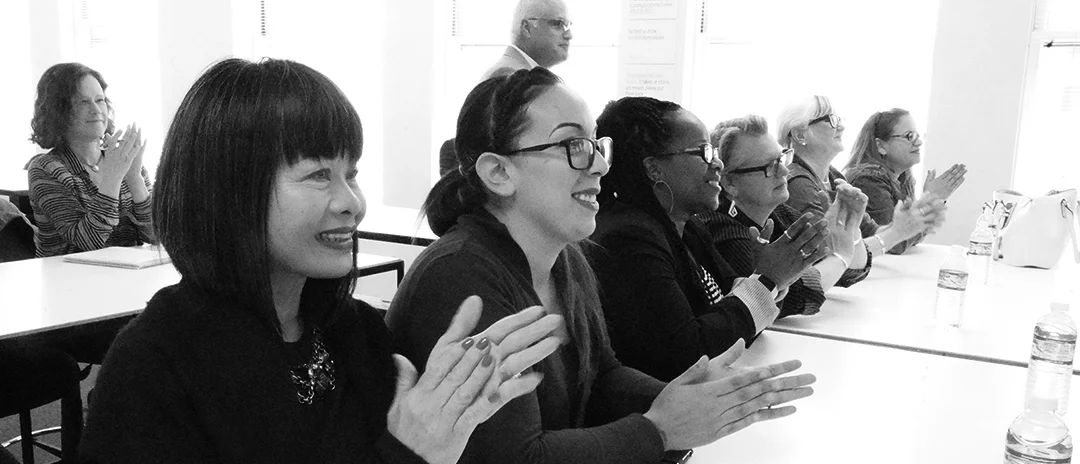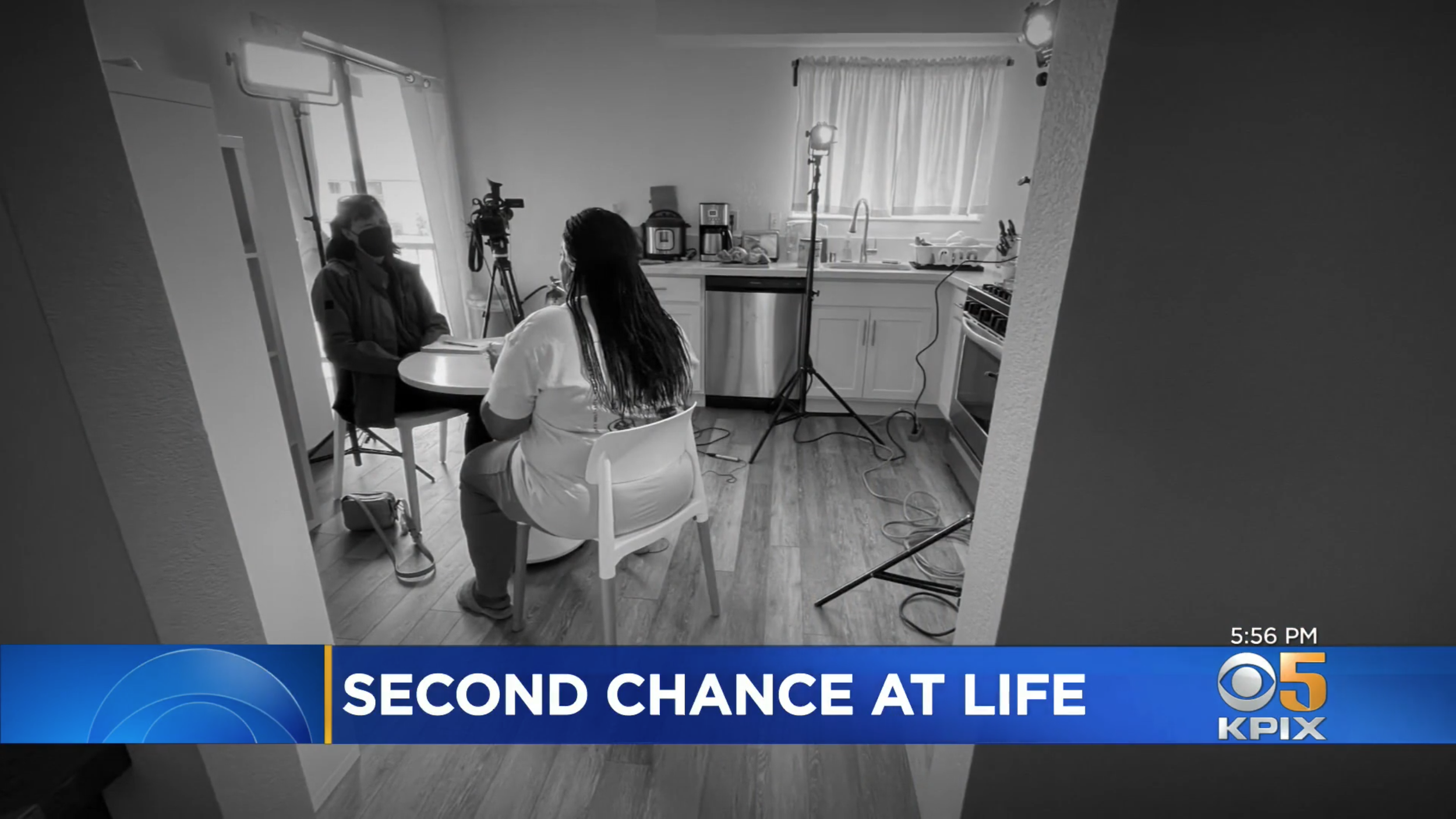SAN FRANCISCO, CA, August 16, 2022 – Five Keys Schools & Programs’ Ecological Agriculture Training/NORCO (EAT!) program received a $300,000 innovation grant from The U.S. Department of Agriculture (USDA) to fund its innovative urban agriculture program in Southern California.
“This grant will help local farmers through our EAT program create new, more affordable, and better local market options and help our urban community produce fresh and healthy food locally and reduce food waste,” said Steve Good, President & CEO Five Keys. “Supporting agriculture in our urban communities helps grow our economy and provides food to people, while creating a new generation of farmers.”
Through its Urban Agriculture and Innovative Practices (UAIP) Grant program and cooperative services agreements, the USDA is investing $43.1 million in urban agriculture programs across the country to help deliver key USDA programs to urban producers. These actions support USDA’s efforts to strengthen the food supply chain and transform the food system to be fairer, more competitive, and more resilient.
Five Key’s EAT Center is a community-based program, partnered with the city of Norco, CA that is part of a growing trend of community farms that are cropping up across the country. EAT stands for Ecological Agriculture Training. Its mission is three-fold: to build community, empower small businesses and strengthen the City of Norco and Riverside County’s rural economy. One of the goals is creating a new generation of farmers while reducing food insecurity and inspiring hands-on farming among community members in Norco, and inspiring other towns to do the same.
Five Keys farming programs originally were founded to serve in-custody (county jail) populations, through its correctional education programs. When the funding ended for these programs, Five Keys pivoted to community-based farming and found a willing partner in the City of Norco.
“We’re building a community that aims to educate, inspire, advocate, and create change,” says Chris Faucher, Assistant Director of Career Technical Education. Patrick Mitchell, EAT! Program Instructor and Mentor, added: “Food is the great connector. It is something that is embraced by the community and gives people a chance to support each other and be involved in a life-giving project together.”
During the first few months of the pandemic, the Five Keys EAT! Center pivoted to create social distancing safety protocols and launched the Small Farm Apprenticeship Program to train new farmers in regenerative and sustainable practices. In 2021 Five Keys and the EAT! Center launched the Norco Rural Farmers and Artisans Market. This weekly event is designed to support local farmers and small businesses. It features more than 20 arts and craft vendors, eight farms, three community organizations and seven cottage food businesses. Recently the EAT! Cultural Center launched the Family Agriculture Revival Movement. The FARM! Program is designed to engage farm families in the culture and community of farming. The program offers seminars and workshops that are open to everyone from the community. Many of our workshops will focus on topics ranging from canning, financial literacy, entrepreneurship, branding and more. Seasonal events and celebrations also are planned to support the local small farm effort.
Long-term plans for EAT! include community education programs and special events. In the short term, Five Keys is building the Ecological Agriculture Training Farm on land bordering the Cultural Center in Norco, CA. The training farm will provide hands on experience in various small scale, intensive agricultural practices. This USDA funding will support all of these programs, though it only covers approximately half the total required budget.
About Five Keys Schools & Programs
Five Keys was founded in 2003 by the San Francisco Sheriff’s Department as the first accredited charter high school in the nation to provide diploma programs for adults in county jails. Today Five Keys is a social justice non-profit agency that has expanded its schools into 9 counties, in 24 jail locations and over 80 community learning centers. In addition to schools, Five Keys operates multiple homeless shelters, permanent supportive housing programs, transitional employment programs, reentry programs and housing for women suffering from immense injustice. Five Keys is a second chance employer. Our goal is to restore communities through education and other programs that respond to the students’ and community needs — which in turn creates safer communities. Visit: www.fivekeys.org.
About the Urban Agriculture and Innovation Production (UAIP) Grant. The UAIP competitive grants initiate or expand efforts of farmers, gardeners, citizens, government officials, schools, and other stakeholders in urban areas and suburbs. Projects may target areas of food access; education; business and start-up costs for new farmers; and development of policies related to zoning and other needs of urban production. To learn more visit: usda.gov.



